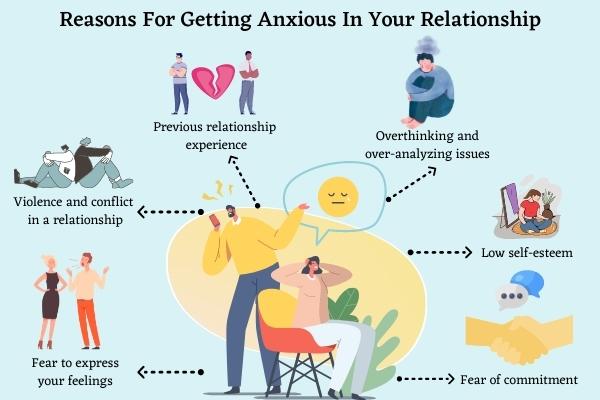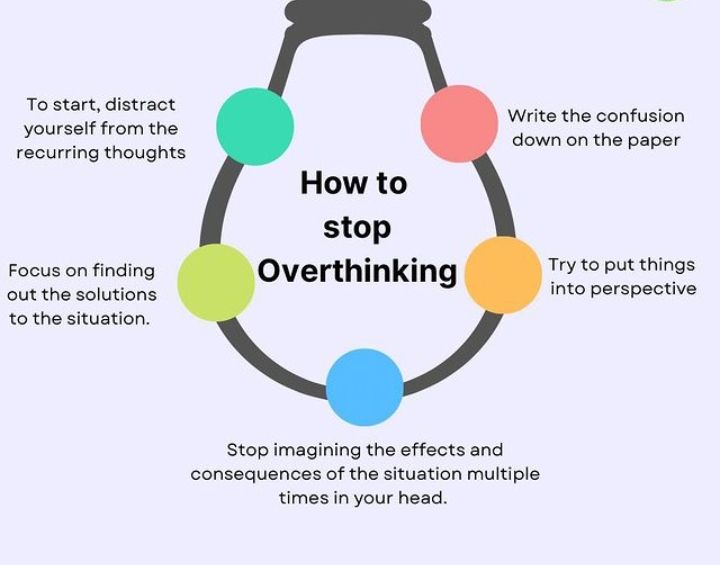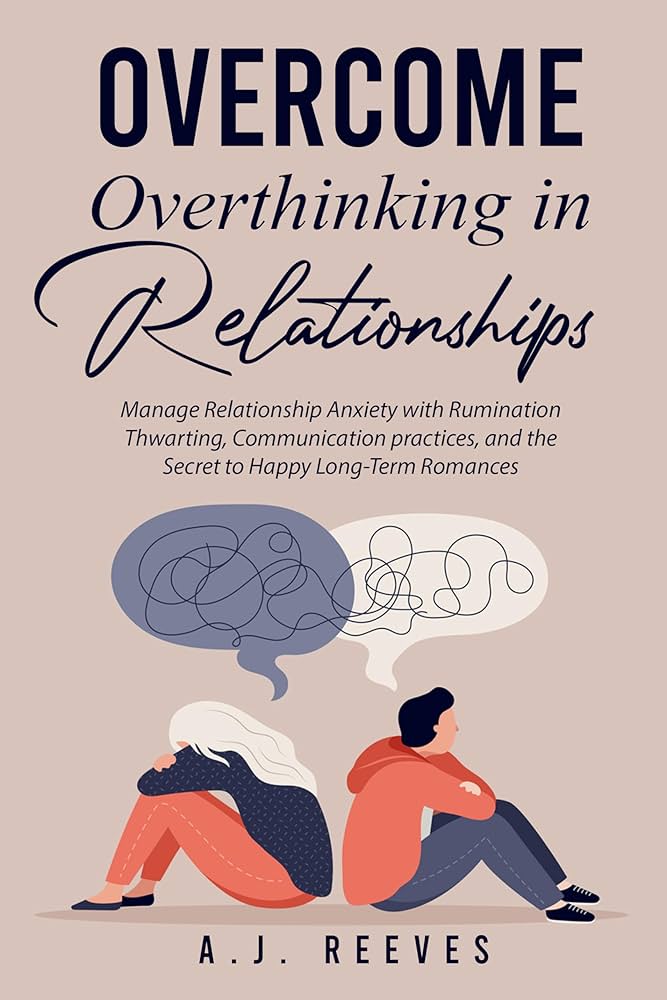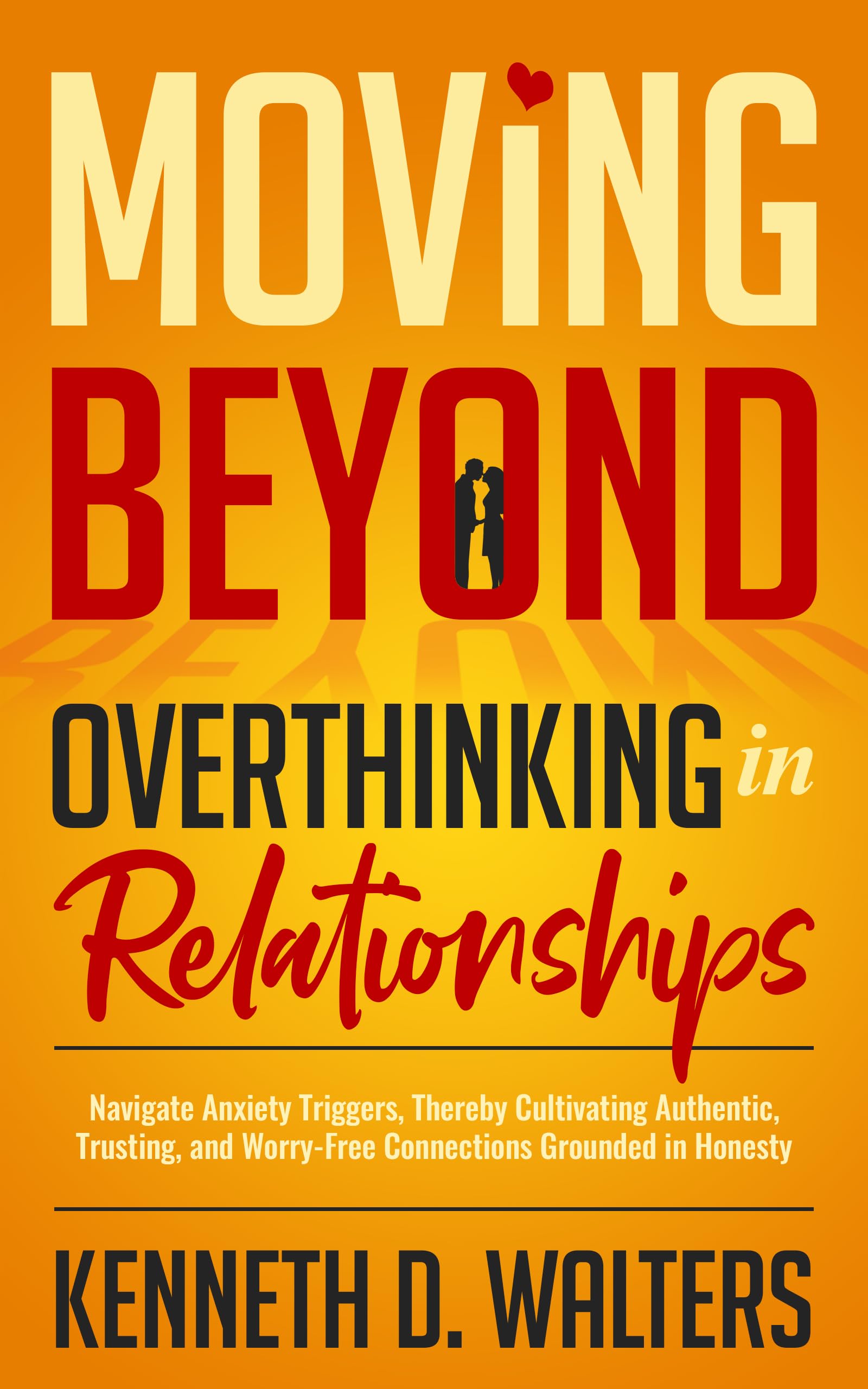
Understanding Overthinking in New Relationships
Definition of Overthinking
Overthinking can be defined as the process of excessively analyzing or ruminating over thoughts and scenarios, particularly surrounding emotional situations. In the context of new relationships, this can manifest as worrying about every word exchanged, questioning one’s worthiness, or imagining countless future outcomes. For example, someone might scroll through past texts, dissecting every phrase for hidden meanings. It becomes a cycle that’s hard to escape.
Impact of Overthinking on New Relationships
The effects of overthinking can be deeply detrimental to budding romances. When individuals allow their minds to spiral, they often experience:
- Increased Anxiety: Constantly worrying can lead to heightened stress and fears about the relationship’s longevity.
- Communication Barriers: Overthinking can create misunderstandings, causing partners to hold back or misinterpret intentions.
- Diminished Enjoyment: Instead of savoring moments together, one may dwell on doubts and insecurities, overshadowing the joyful experience of new love.
In essence, overthinking can put a significant strain on new relationships, making it crucial to recognize and address it early.

Common Triggers of Overthinking
Past Relationship Experiences
One of the most common triggers of overthinking in new relationships is the baggage carried from past experiences. Previous heartbreaks, betrayals, or unresolved issues can haunt an individual, leading to heightened sensitivity. For instance, someone who was ghosted might constantly second-guess their partner’s intentions, fearing that history may repeat itself.
Insecurities and Low Self-esteem
Insecurities often exacerbate overthinking. Individuals with low self-esteem may feel unworthy of love or question why someone would choose to be with them. The inner critic can become overwhelming, prompting thoughts like:
- “Am I interesting enough?”
- “What if they find someone better?”
These concerns can create a relentless loop, preventing individuals from fully embracing their new relationship.
Fear of Rejection and Abandonment
The fear of rejection and abandonment is another significant trigger. Individuals may dwell on perceived signs of disinterest, leading to:
- Avoidance of deeper connections: Constantly holding back for fear of getting hurt.
- Hyper-vigilance: Scrutinizing actions or words for perceived slights.
Understanding these triggers is essential in breaking the cycle of overthinking and fostering healthier new relationships.

Overcoming Overthinking in New Relationships
Effective Communication with Your Partner
One of the most powerful tools in overcoming overthinking is effective communication. Sharing thoughts and feelings openly can bridge gaps created by assumptions. For example, if someone feels anxious about their partner’s recent behavior, communicating those feelings can often alleviate misunderstandings. Rather than internalizing worries, expressing concerns can foster trust and intimacy, helping both partners feel more secure.
Setting Boundaries and Expectations
Setting clear boundaries and expectations is also essential. Discussing what each person desires in the relationship helps establish a mutual understanding, which can reduce anxiety. Consider the following:
- Discussing frequency of communication: Are daily texts expected or not?
- Clarifying relationship goals: Are you both looking for a serious commitment or just casual dating?
These conversations can preemptively address concerns that might otherwise spiral out of control.
Practicing Mindfulness and Self-Reflection
Incorporating mindfulness and self-reflection into daily routines can further combat overthinking. Techniques such as journaling or meditation can help individuals tune into their feelings and thoughts without judgment. This practice encourages a focus on the present moment, allowing for a reduction in anxiety surrounding potential future scenarios.

Seeking Professional Help
Therapy and Counseling Options
When overthinking becomes overwhelming, seeking professional help can be a crucial step towards gaining clarity and peace of mind. Therapy offers a safe space to explore thoughts and emotions with a trained professional. Cognitive-behavioral therapy (CBT), for example, focuses on identifying and changing negative thinking patterns, making it particularly effective for overthinkers.
- Individual therapy: One-on-one sessions can help in understanding personal triggers and developing coping strategies.
- Couples therapy: If overthinking impacts the relationship, joint sessions can improve communication and strengthen bonds.
Support Groups and Resources for Overthinkers
In addition to therapy, support groups can provide invaluable insights and encouragement. Connecting with others who share similar experiences fosters a sense of community and reduces feelings of isolation. These groups may host:
- Regular meetings for sharing experiences and coping strategies.
- Online forums for 24/7 support and resources.
Further resources like books or online courses focused on mindfulness and emotional health can also equip individuals with practical tools to manage overthinking more effectively. Seeking help is a pivotal move towards nurturing healthier relationships and personal well-being.

Maintaining a Healthy Mindset in New Relationships
Building Trust and Confidence
Maintaining a healthy mindset in new relationships starts with building trust and confidence. Trust isn’t established overnight; it requires time and consistent efforts from both partners. Simple actions, such as:
- Being reliable and keeping promises
- Listening actively and validating each other’s feelings
These practices foster a sense of safety and encourage open communication. When partners feel secure, they are more likely to express themselves authentically.
Focusing on the Present Moment
Another essential aspect is focusing on the present moment. Overthinking often pulls individuals into a cycle of “what ifs,” diverting attention from the joy of the present. Engaging fully in shared experiences, like enjoying a meal or taking a walk, promotes a stronger connection. Techniques like mindfulness can help individuals redirect their thoughts:
- Breathing exercises: Pause and breathe deeply to ground oneself.
- Gratitude journaling: Write down moments of joy and appreciation in the relationship.
Embracing Vulnerability
Lastly, embracing vulnerability fosters deeper connections. Opening up about fears and insecurities can be intimidating, but it also promotes intimacy. For instance, sharing past experiences or discussing future hopes can strengthen the bond. Remember, vulnerability is not a weakness; it’s an invitation for greater understanding and love. By nurturing these elements, individuals can enjoy a healthier, more fulfilling relationship.

Conclusion and Recap
Summary of Strategies to Manage Overthinking
As we’ve explored, managing overthinking in new relationships is a journey that requires intentionality and effort. Key strategies include:
- Effective Communication: Open dialogues with partners help clear misunderstandings.
- Setting Boundaries and Expectations: Clarifying desires and limits sets a healthy framework.
- Practicing Mindfulness: Staying present diminishes the tendency to dwell on uncertainties.
- Seeking Professional Help: Therapy and support groups offer valuable guidance and community.
These approaches create a strong foundation, enabling individuals to navigate the complexities of new relationships with greater ease.
Encouragement for Positive Growth in New Relationships
It’s essential to remember that growth takes time. Building a healthy mindset involves trial and error, and that’s perfectly okay! Each experience—good or bad—adds to personal evolution. By embracing trust, vulnerability, and mindfulness, couples can cultivate deeper connections.
So, if you find yourself caught in a web of overthinking, take a step back, breathe, and implement these strategies. Positivity and growth await as you embark on this exciting journey of love and connection!
